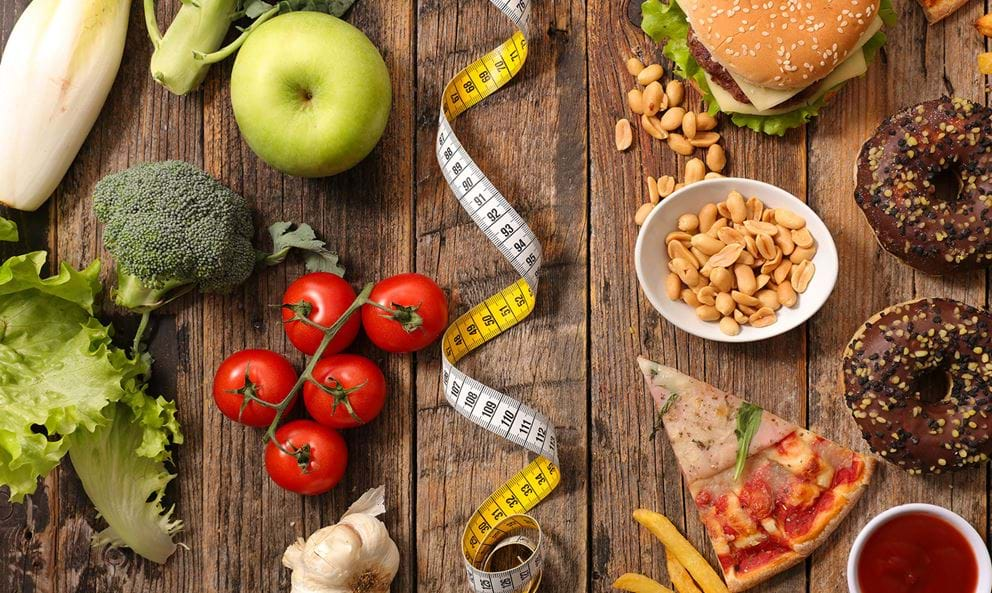Intuitive eating: what is it and is it right for me?

Friday 11th May marks Eat What You Want Day, a day about breaking all your dietary rules and eating anything you want without feeling any guilt. Whilst most people might use the day to take a diet break and indulge in foods that are usually off-limits, much like a cheat day, it probably doesn’t set ourselves up with a healthy relationship with food.
This all or nothing thinking might not be helpful in achieving your fitness goals. By depriving yourself of our favourite foods, your brain could make you want them more, which becomes a battle with your willpower not to eat those foods.
What if there’s a way to enjoy the foods you love without the guilt, whilst feeling great and still managing our weight year-round? Let’s look at an eating approach which tick these boxes to help you decide if this is something you should try.
What is intuitive eating?
Intuitive eating is not a diet which involves restricting any foods (but that doesn’t mean it’s a free for all!). It’s an eating approach which involves being aware of your hunger cues and knowing when your body is hungry and when it’s full. Essentially, you’re relying on your internal hunger and satiety cues to determine how much and when to eat.
Whilst eating whatever you want may seem like a counter-intuitive idea, if you’re looking to lose or manage your weight, psychological research shows that by not placing any restriction on certain foods like chocolates and crisps can help to reduce your cravings for these types of food, and in turn helps you achieve weight loss. As foods are not labelled as either “bad” or “good” this eating approach can help you have a healthier relationship with food.
Studies have shown that 'intuitive dieters’, maintained or kept their weight better than dieters.
There’s no need to count calories or track macros with intuitive eating, which can be a big plus if you don’t like to get stuck into numbers and want more flexibility. Research shows that those who follow intuitive eating tend to be happier with their bodies and are less stressed.
On the downside, with this more flexible eating approach, it’s harder to know exactly how many calories you are consuming. This means that if you are looking to get results quickly, it’s probably not the best option as it can take more time and can require a good amount of knowledge of nutrition/macros to decrease body fat percentage or achieve weight loss.
Ways to eat more intuitively
- Take a couple of deep breaths before you have a meal and check in with your body to get a sense of how hungry you are.
- Recognise what’s going on in your mind. Research has shown that we often eat not just because we need to but because we want to. Emotions such as stress, happiness, sadness or boredom can lead us to eat, so rather than going straight to the kitchen, check in with yourself to see if it’s physical hunger you are feeling and not emotional hunger. If you’re still not sure, try asking yourself the intuitive eating mentality questions below.

- Notice how your food taste, smells, and how you feel with each bite. This should help you to bring awareness to what you’re eating, and youll be more inclined to not devour foods too quickly or mindlessly.
Although these steps sound relatively simple, it may require quite a bit of time and practice getting used to, so don’t get frustrated if you can’t immediately switch to this eating pattern. This eating approach is just one of many you can choose to adopt. Ultimately, the best diet is the one that you can stick to and one that is right for you.
Let’s make it a time to start eating heathier all year round!
Sources:
https://www.ncbi.nlm.nih.gov/pubmed/24631111


